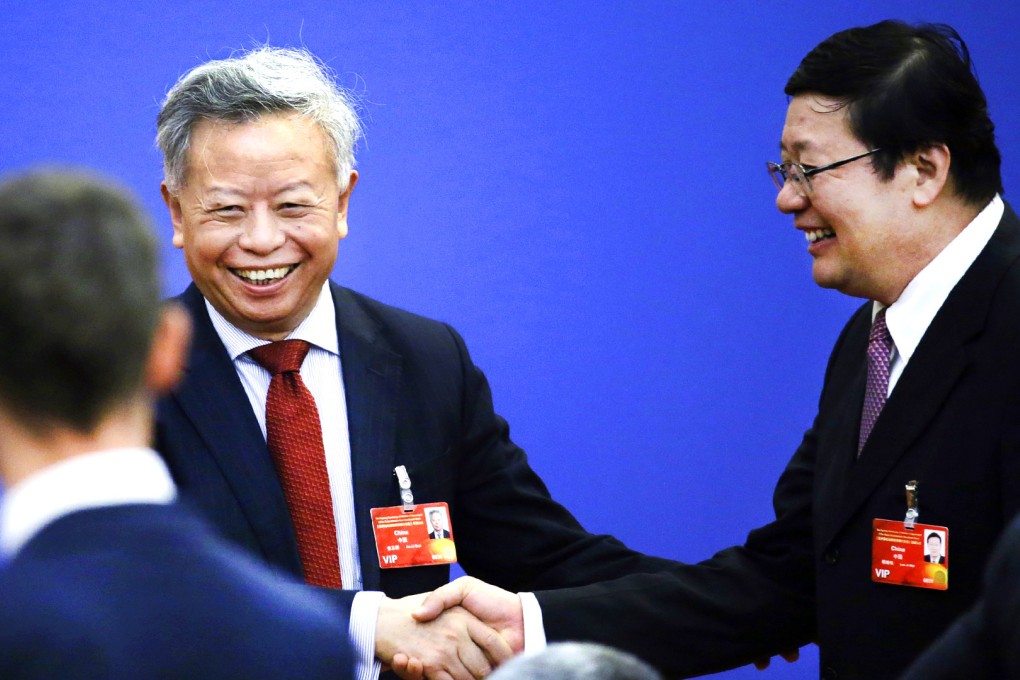Update | China to hold 30 per cent stake in AIIB and 26 per cent voting rights
Delegates from 57 countries gathered in Beijing to witness the signing of the articles of agreement of the Asian Infrastructure Investment Bank

China will hold a 30.34 per cent stake in the Asian Infrastructure Investment Bank, the Finance Ministry said on Monday, making Beijing the largest shareholder in an institution that will project the country’s growing economic power.
China will also have 26.06 per cent of the voting rights in the lender, a Chinese-led development bank that will rival institutions such as the World Bank and the Asian Development Bank.
Countries defined as "within the region" will hold a 75 per cent stake in the bank, the ministry said in a statement on its website, as delegates from 57 countries gathered in Beijing to witness the signing of the articles of agreement for the lender.
President Xi Jinping said the signing ceremony was a step of historic significance when he met with the delegates in Beijing’s Great Hall of the People.
Xi, who proposed the AIIB’s establishment in October 2013, said he was pleased that the members have topped 50 and they have been able to seal the articles in a relatively short period of time.